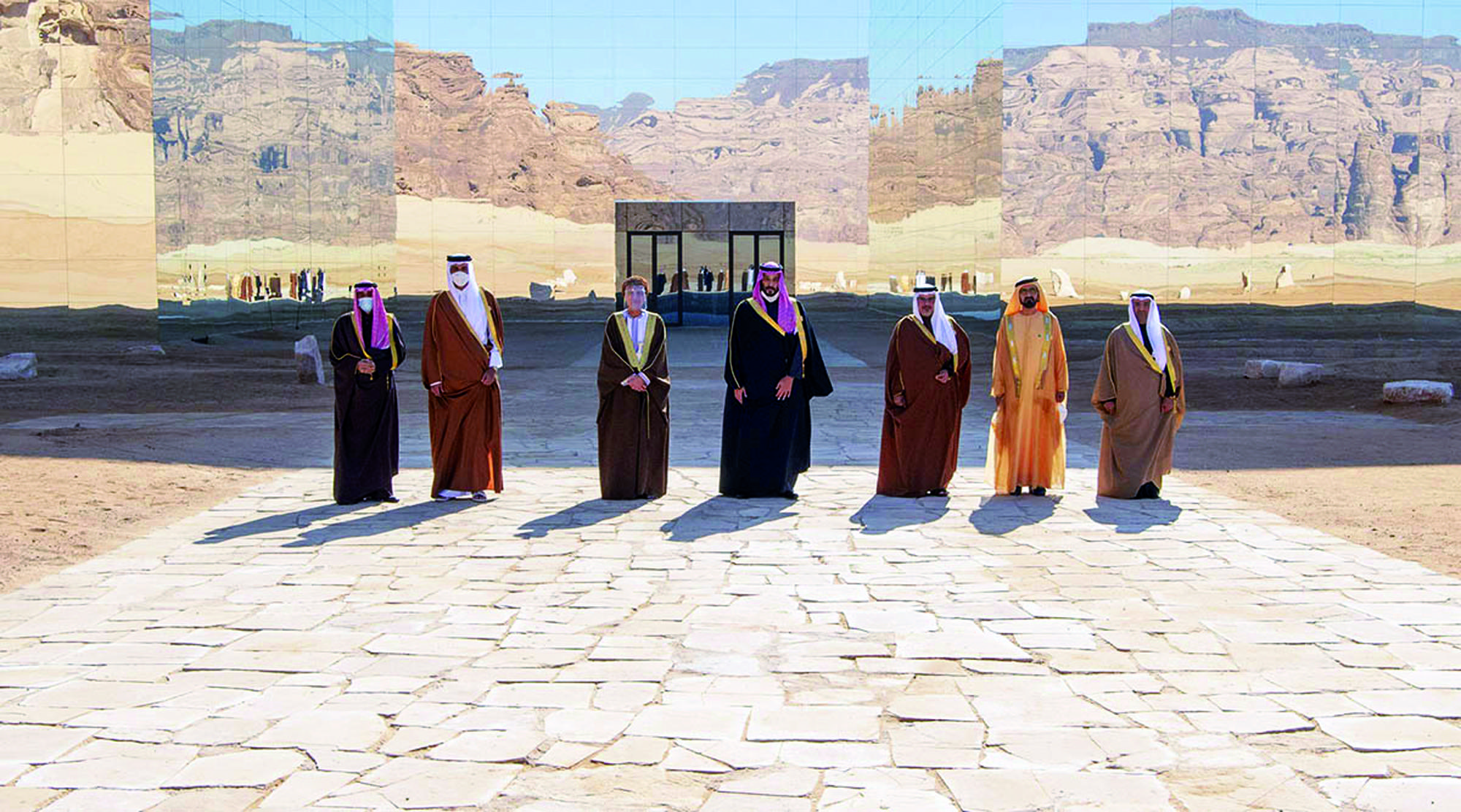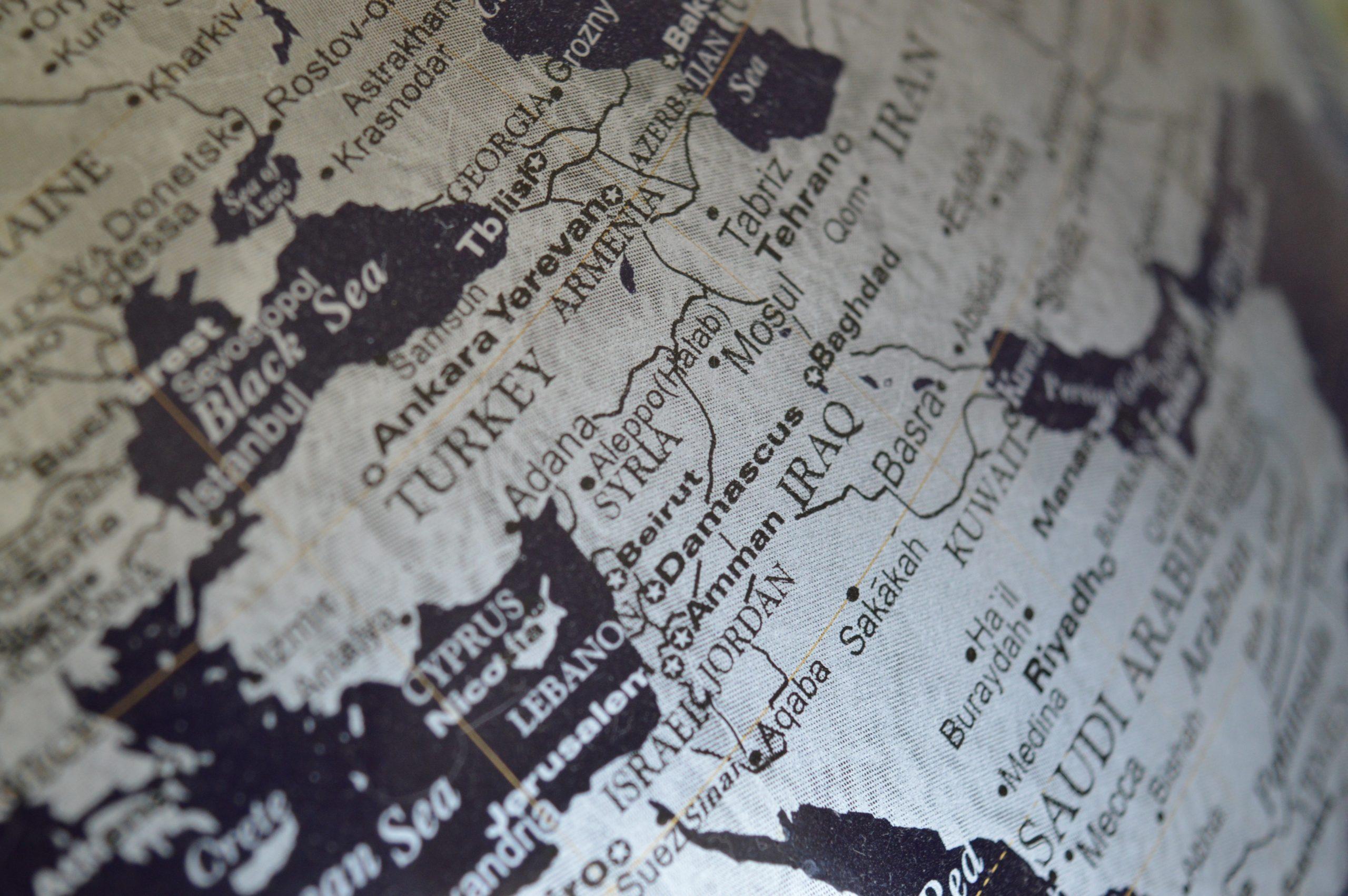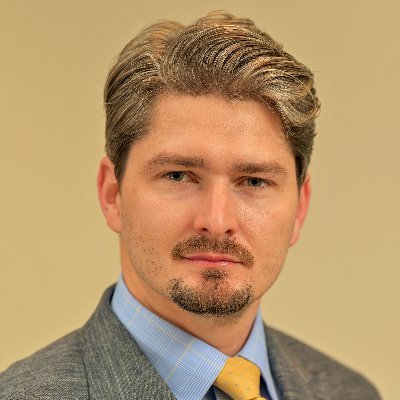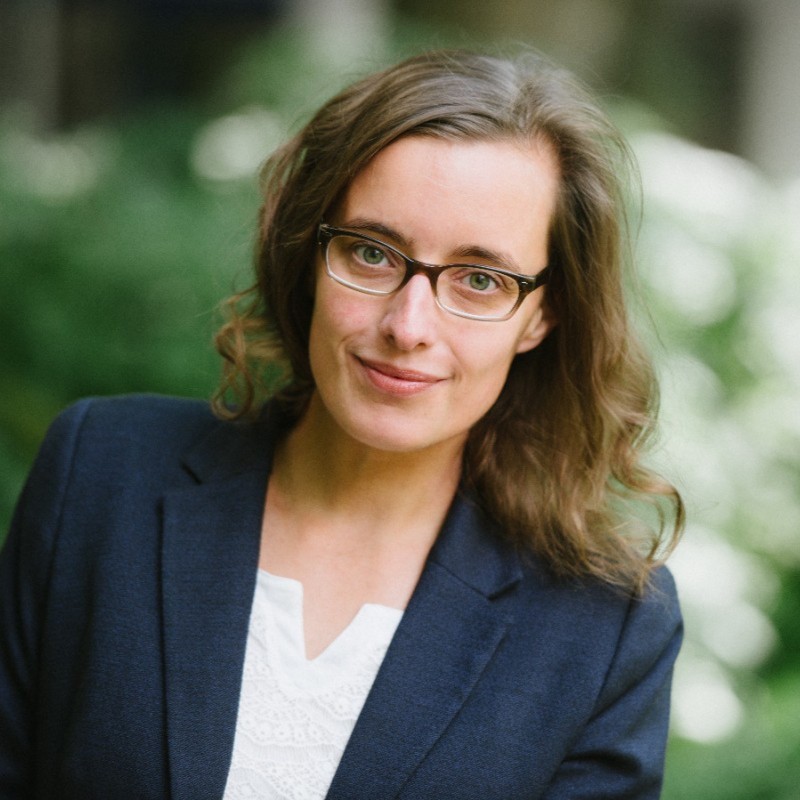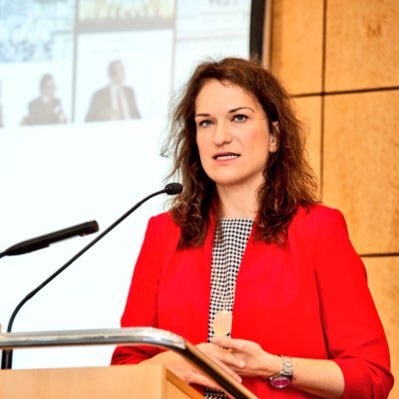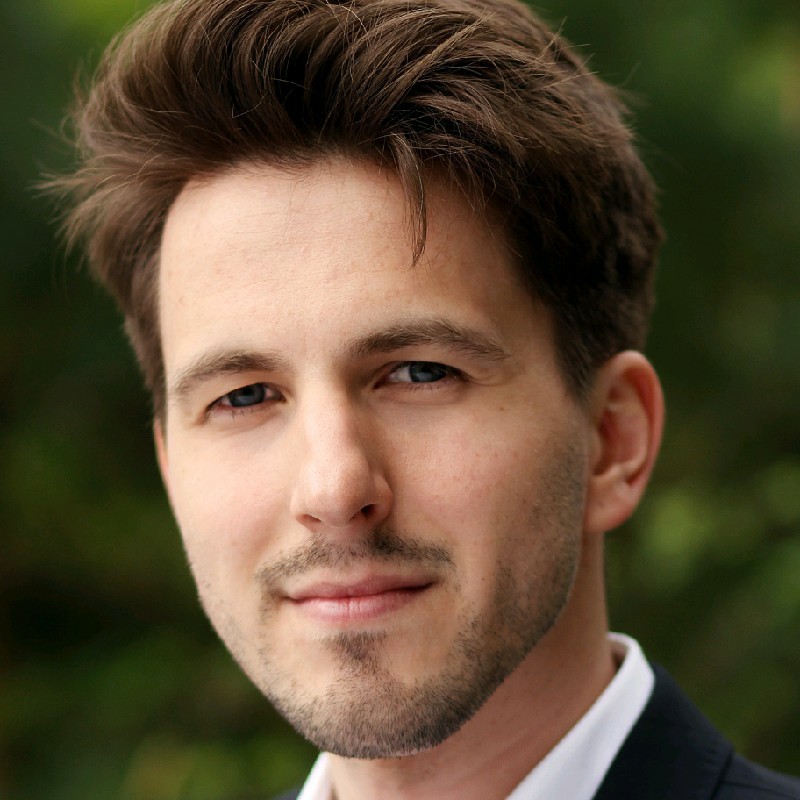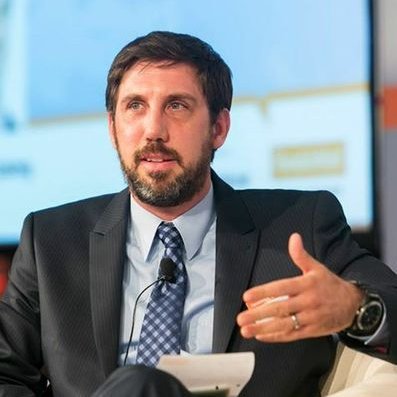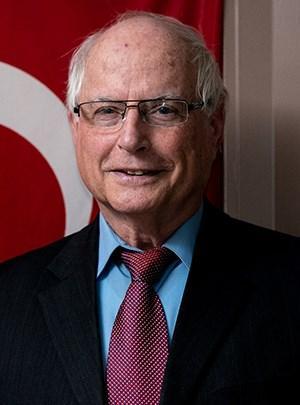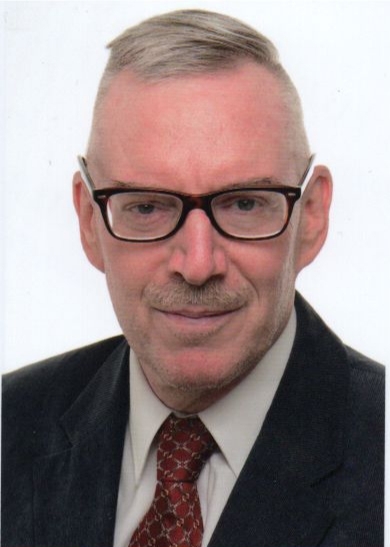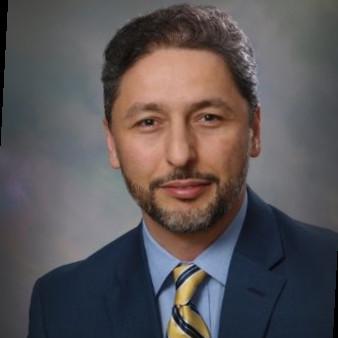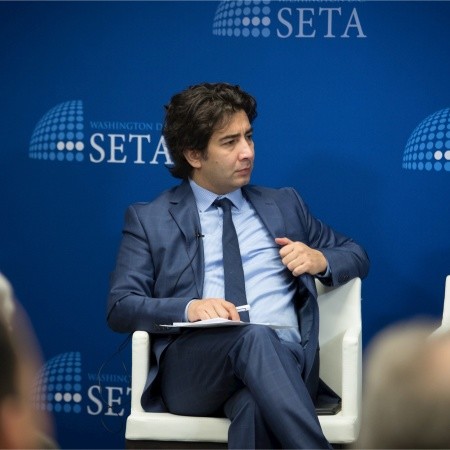ORIENT II 2017: US policy in the Near and Middle East: Continuity and change
Purchase the full Issue here:
26,00 € incl. VAT plus Shipping CostsSelect options This product has multiple variants. The options may be chosen on the product page
Access Issue with Subscription:
Editorial
Dear ORIENT readers,
The election of Donald Trump as 45th President of the United States and the ongoing discussions about his foreign policy views have once again highlighted the importance of the US role in the Near and Middle East. The actions and priorities this new approach will entail remain still to be seen.
The previous administrations engaged in the region using different means: ranging from the wars in Afghanistan and Iraq to democracy promotion, drone wars and reacting to the socalled ‘Arab Spring’. The Obama administration was particularly inactive and hesitant in its policies and actions in the Middle East, leaving the region open to Russian and Iranian intervention. let us analyse the different views expressed in the articles of this issue carefully as a basis for further discussions and in the hope that the new administration will play a peace inducing role.
In the first article, Prof. Andreas Krieg summarises the Obama administration’s Middle East policy. Next, Dr. Annika Elena Poppe analyses US democracy promotion efforts in the region, before Dr Magdalena Kirchner introduces the new Trump administration and its potential stance. Marcus Müller then discusses the democratic legitimacy of US Middle East policy, after which Dr Niklas Schörnig delves into the issues surrounding drone warfare. Prof Michael Gunter subsequently scrutinises the US-Kurdish relations, while Dr. Hans Krech sheds light on US policies in Afghanistan and Pakistan. Last but not least, Dr. Kadir Ustun analyses US-Turkey relations.
I hope that this latest edition of our journal provides you with valuable insight and new perspectives on the ongoing discussions surrounding continuity and change in US policy in the region.
Dr. Gunter Mulack


